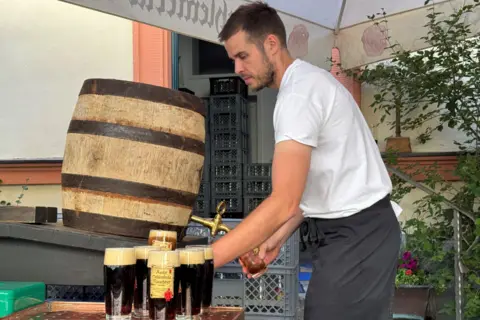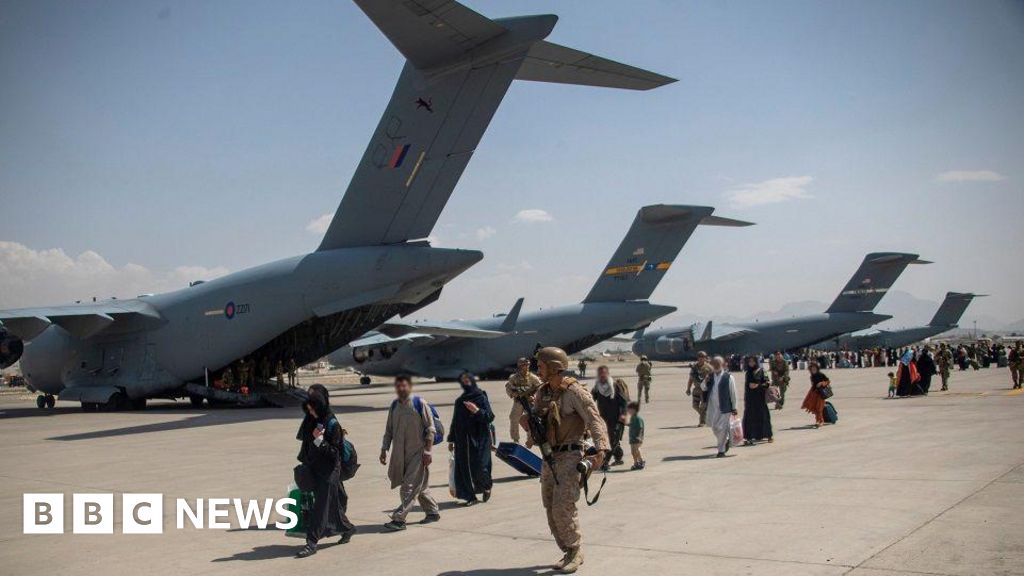Germany is poised to enforce stricter laws aimed at tackling the growing issue of people smuggling, particularly routes facilitating irregular migration to the UK. This announcement follows a new agreement set to be signed during Chancellor Friedrich Merz's first official visit to the UK, scheduled for Thursday.
Downing Street confirmed that the forthcoming legislation will criminalize the facilitation of illegal migration, a practice currently not explicitly illegal when it targets countries outside the European Union, like the UK post-Brexit. This legal change is expected to empower German authorities to take proactive measures against smugglers utilizing warehouses to store boats designed for Channel crossings.
The German government had previously agreed to legislative changes last December, but Chancellor Merz is anticipated to expedite the process to complete these reforms by year-end. Investigative reports have traced a considerable German connection to small boat crossings, revealing that Germany has become a significant hub for storing smuggling vessels and engines.
Labour leader Sir Keir Starmer welcomed Merz's commitment, emphasizing that adjustments to German law are crucial in disrupting smuggling networks responsible for transporting illegal migrants across the Channel. This agreement arrives shortly after the UK announced a pilot returns scheme in collaboration with France during President Emmanuel Macron's recent visit. Under this scheme, certain boat arrivals will be returned to France in return for asylum seekers with ties to the UK.
Meanwhile, Prime Minister Starmer faces mounting pressure to control the increasing number of small boat crossings, which have surged by 56% compared to the same timeframe in 2024. Shadow home secretary Chris Philp critiqued the government’s response, framing it as an ineffective distraction rather than a concrete solution to what he termed a "spiraling crisis” in the Channel.
In addition to migration talks, defence guidance features prominently on the agenda of this visit, with discussions on support for Ukraine and agreements to bolster UK defence exports. Strategies to promote co-produced military equipment, like Boxer armoured vehicles and Typhoon jets, are expected to generate billions in additional exports, thereby boosting the economy and creating jobs.
Moreover, the visit will unveil a UK-Germany Business Forum aimed at enhancing bilateral investment. Several commercial projects worth over £200 million are being rolled out, expected to create more than 600 new positions. Notably, defence tech firm STARK is set to establish a facility in Swindon, marking its first expansion beyond German borders.




















